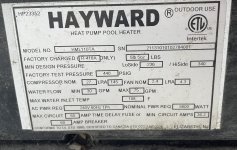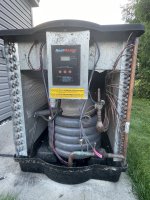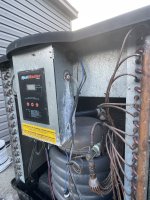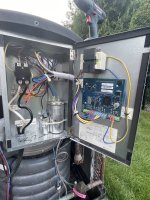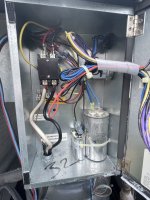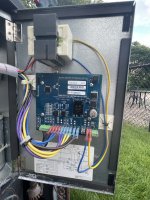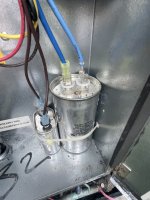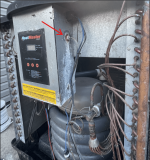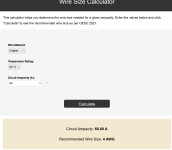Simply, that is not how it works.
Many very smart people have gotten together and developed the National Electrical Code (NEC) that is updated every 3 years so that electrical safety is based on science and experience and not assumptions. Electricity is very powerful and can be dangerous. Thus the safest approach is to follow the NEC either by understanding it or consulting an electrician who has studied it.
<p>90.2(C) Installations Covered.<br /><br />This Code covers the installation and removal of electrical conductors, equipment, and raceways; signaling and communications conductors, equipment, and raceways; and optical fiber cables for the following:<br /><br /> (1) Public and private...
www.nfpa.org
Circuit Breaker size is specified by the loads on the circuit from the device specifications. Many devices specify minimum circuit breaker size.
MINIMUM WIRE SIZE IS DETERMINED BY THE CIRCUIT BREAKER SIZE, TYPE OF WIRE, AND LENGTH OF WIRE. There are tables in the NEC to determine minimum wire size.
The CB is there to protect the wires from overheating and causing a fire in walls. The CB is NOT there to protect the device, that is secondary protection. You cannot expect a device to protect itself from failure.
Your Heat Pump electirical was incorrectly installed and did not follow the NEC. The use of 8 gauge wire on a short run 60 amp circuit is skirting the edge of what the NEC allows. Most electricans just will not do that and use 4 or 6 gauge wire.


